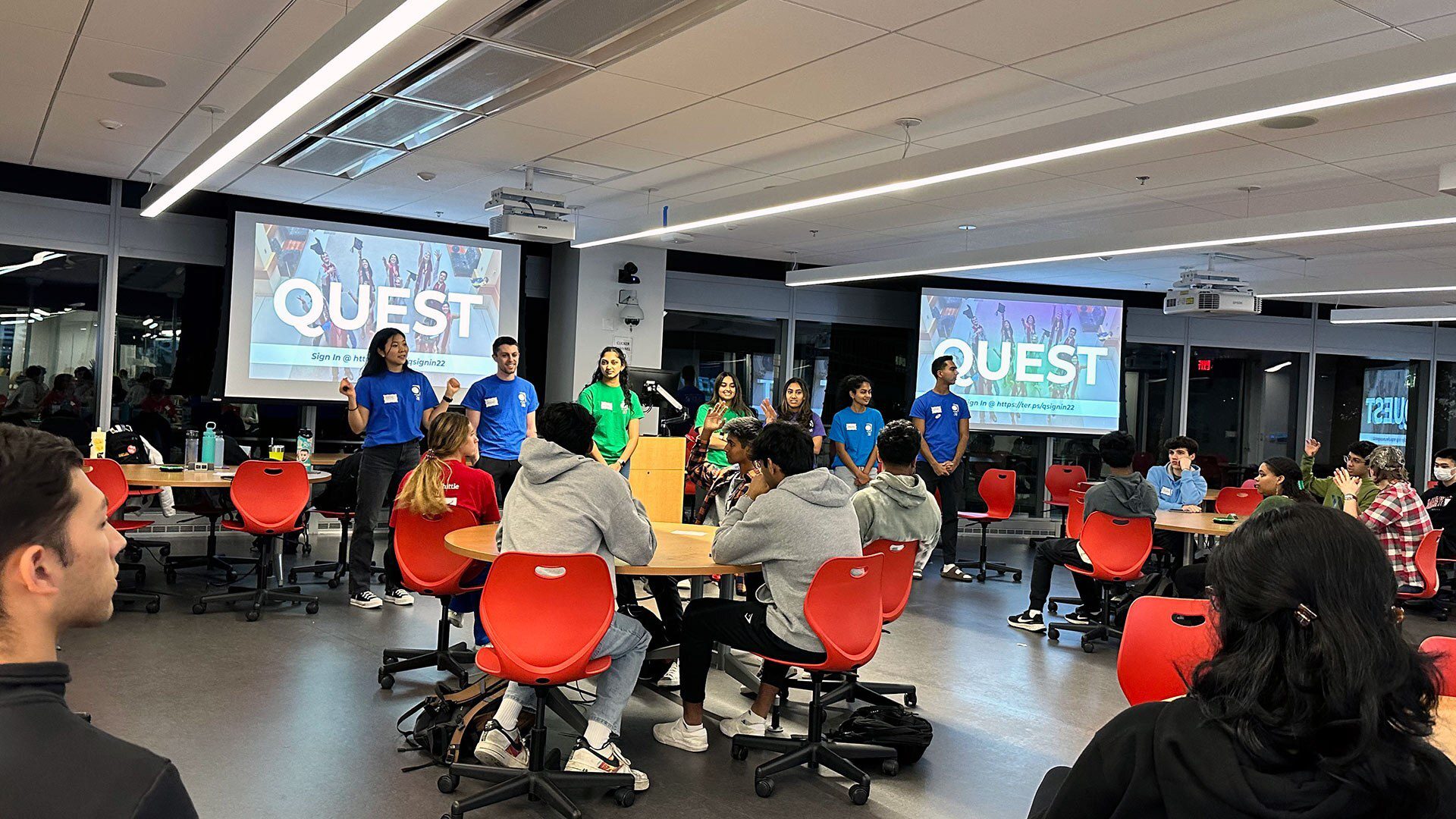- November 11, 2022
- By Sala Levin ’10
For 30 years, when companies and municipalities have faced especially vexing and persistent predicaments, they’ve turned to an elite squad of problem solvers: the students of the Robert H. Smith School of Business’ QUEST Honors Program.
From navigating the maze that is the Port of Houston to talking in-depth with ExxonMobil executives, QUEST students have gone inside operations to closely observe them, suss out snags and learn critical skills that have helped many go on to become entrepreneurs, founders and logistics masterminds.
The program celebrates its 30th anniversary with an event tomorrow at The Hotel at the University of Maryland, featuring speakers, QUEST trivia, networking, and food and drink.
QUEST, which stands for Quality Enhancement Systems and Teams, is a three-year program spanning Maryland Smith, the College of Computer, Mathematical, and Natural Sciences, and the A. James Clark School of Engineering. Over five courses, students work on team-based, experiential learning projects in which they gain skills in areas like product development, user experience, and manufacturing and operations.
In 1992, the University of Maryland was one of roughly 100 universities that applied for a $1.8 million IBM grant to improve research in the manufacturing sector. Only 10 universities were awarded the grant, and when the money ran out five years later, UMD was the only one to continue it with its own funding. More than 1,800 students have completed the curriculum since then.
“QUEST has at its core the spirit of building a community of people who are committed to excellence and eager to apply it in their life for the good of society at large,” said Hassan Ibrahim, interim executive director of QUEST.
In recent years, the program has focused on questions like how to build high-quality digital projects, how data science can improve manufacturing and operations, and how design thinking can influence the way products are made. One of QUEST’s trademarks is a semester-long capstone course in which students consult on a problem that one of the program’s corporate or governmental partners is experiencing.
“It was always a customer-centric program—that has continued on through the many years, but what customers are worried about and thinking about, that’s changed,” said Joseph P. Bailey, assistant dean for specialty undergraduate programs in Maryland Smith.
To mark three decades of questing, Maryland Today took a look back at four of the most memorable projects.
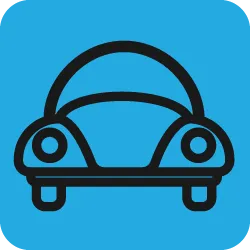
Catching Beetles Faster
In 2019, Volkswagen customers were frustrated with car delivery times that ran well beyond the quoted estimate. Through interviews with customers, dealership staff, management and employees at the Port of Houston, and VW corporate staff, QUEST students identified several solutions. They suggested developing a proprietary communication platform to make digital conversations more fluid and less time-consuming; reorganizing the layout at the port to make processes there more effective; and implementing a real-time model for estimating delivery times using an expanded pool of data.
“It was such a fun experience because we got to interact with so many people within the VW team, throughout their supply chain, and understand what their problems were,” said Doron Tadmor ’20. “You learn all these cool, relevant tools in class, and then you actually learn to apply them in real-life settings.”
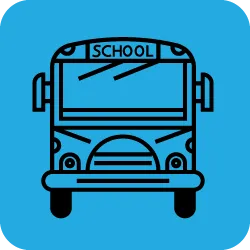
Simplifying School Bus Schedules
The Howard County Public School System asked QUEST students to take on transportation in 2015, after the county considered a bill that would change start and end times for the school day. HCPSS wanted to know if its fleet of 324 buses could accommodate that shift, and if there might be opportunities for cost savings. The team proposed a plan that would save the county $190,000 a year through an analytical model that factored in school locations, the number of buses and locations of stops along routes to calculate the optimal times and routes.
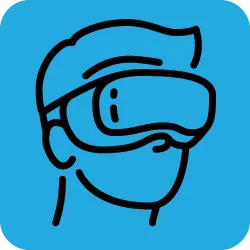
Making Legalese Legible
Last year, Facebook Reality Labs brought on QUESTees to help simplify its language in the rules users must consent to when using the Oculus Quest 2 Headset. Students found that the virtual/augmented reality team’s existing disclosure was text-heavy, overloaded with complex information and not uniform. The undergraduates offered an improved design that emphasized brevity, tone, comprehension, trust and relevance, focusing on how data is collected and used, and how customers can manage theirs.
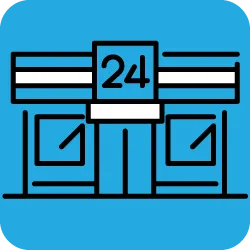
Capturing New Convenience Store Customers
In 2006, ExxonMobil asked undergraduates to get inside the minds of their own demographic: those ages 18 to 24. The company wanted to better market its On the Run convenience stores to these customers, drawing them into the shops found at Esso, Exxon and Mobil stations around the world. Executives at ExxonMobil were so impressed with the team’s recommendations and presentation that it offered each member a job on the spot. “We met with the heads of ExxonMobil one on one,” said Ori Zohar ’07 at the time. (Zohar went on to found high-end spice brand Burlap and Barrel.) “I don’t know when was the last time a group of four college students got to speak to such high-level executives for an hour.”
